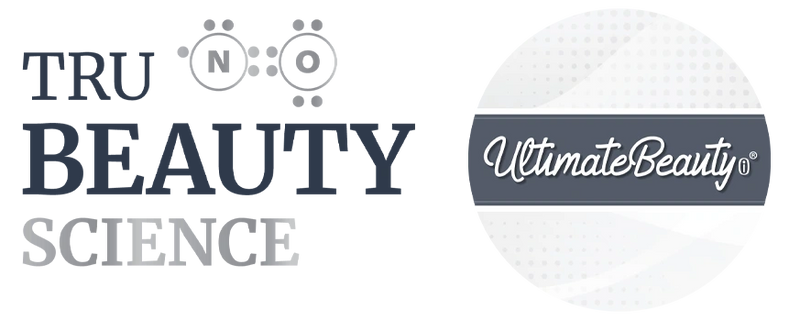What Are Micronutrients?
Micronutrients are divided up into four basic groups; water and fat-soluble vitamins, macro and trace minerals. Their functions, and recommended intakes of each vitamin or mineral vary as do the food sources. What we know is that they play a vital part in our metabolism and in the general maintenance health of our tissue functions.
There are numerous micronutrients with antioxidant properties. Fruits and vegetables offer antioxidants as a part of a healthy diet. Eating the recommended daily allowance can provide enough amounts of all trace elements and vitamins over a period of time. However, for even a healthy population, intake may be less than adequate. There is a study of a 19 to 64-year group, finding that approximately 85% of men and women do not meet the five a day recommendation for fruits and vegetables in order to attain satisfactory levels of nutrition.
When a well-balanced diet cannot be achieved, supplementation that can properly deliver absorption of essential vitamins, and trace elements can potentially help.
Nutrition is a key factor, and requirement for the maintenance of overall skin health. Micronutrients are considered important for skin health and has been highlighted in clinical studies. For example, amino acids protect against UV and help improve collagen synthesis. (production) Arginine also supports the increase of nitric oxide production and collagen production. Collagen is a major component required to maintain skin structure. Exposure to excess UV can dramatically decrease collagen, resulting in the aging of skin. This is when amino acids (micronutrients) have been shown to reduce skin aging by supporting collagen production.
Other micronutrient vitamins shown to help skin health are Vitamin C which can improve skin hydration, Vitamin D, and Vitamin E. Zinc, copper and selenium are also considered key elements that help protect skin.
SUMMARY:
Vitamins and minerals are known as micronutrients. These micronutrients help nourish your body to maintain your health. You can eat a variety of foods, (protein, fruits, vegetables) to ensure that your body can absorb properly. Otherwise, supplementation the body can absorb is beneficial.
These statements have not been evaluated by the Food and Drug Administration.

